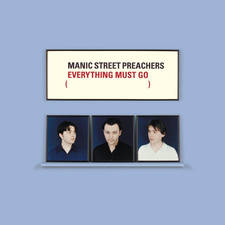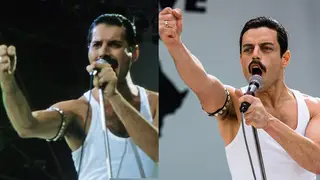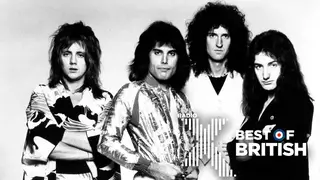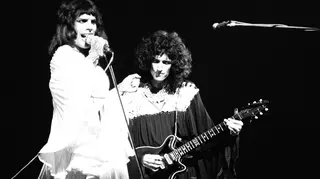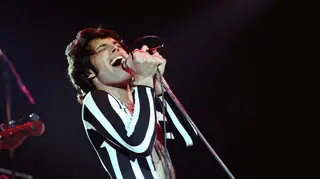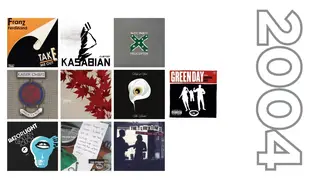How I Want To Break Free became Queen’s most controversial song
2 April 2024, 14:40
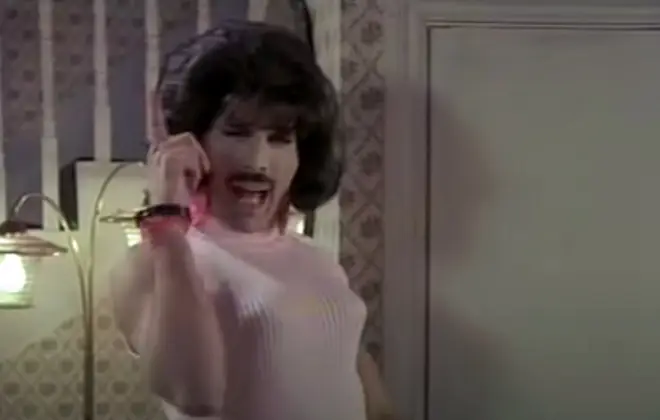
The 1984 hit saw Freddie Mercury get into trouble in some countries... thanks to its video.
Listen to this article
I Want To Break Free is one of Queen’s most enduring songs. Written by the band's bassist John Deacon, the track was the second single to be taken from the band’s hugely-successful album The Works, which was released on 27th February 1984.
But despite being a favourite among fans and the general public, the song - and its accompanying video - attracted controversy in different parts of the world.
When I Want To Break Free was released as a single on 2nd April 1984, it was another hit for Queen - making Number 3 in the UK charts. The song made the Top 10 in most charts around the world, even hitting the top spot in countries like Austria, Belgium and the Netherlands. But in the US, the song stalled at Number 45 in the Hot 100. Why was that?

Queen - I Want To Break Free (High Quality)
The single featured a promo video directed by Queen’s regular collaborator David Mallett. To reflect the song’s theme of “breaking free” from an emotionally draining relationship, the clip contrasted the realities of mundane life with a fantasy world of orgies and pleasure.
While the fantasy sequence saw Mercury cavorting athletically with members of the Royal Ballet, the “everyday” scenes that framed the video could only be summed up by one thing - a soap opera! Specifically, ITV’s long-running show Coronation Street.
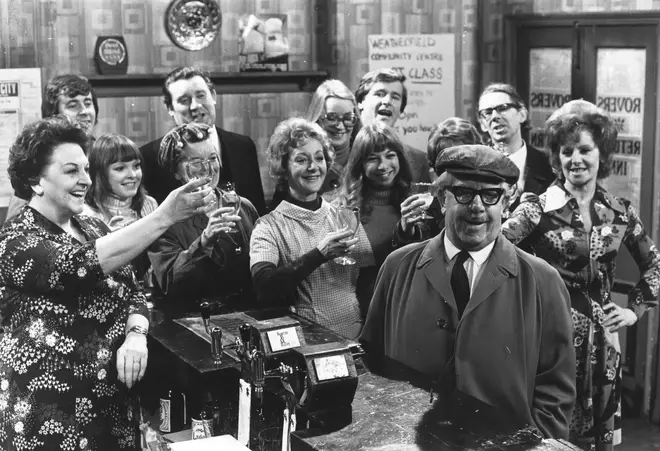
The get the authentic Coronation Street vibe, the four members of Queen decided to adopt female characters who lived in the same terraced house: guitarist Brian May dressed up in hair curlers and dressing gown, bassist John Deacon was an old lady reading the paper and drummer Roger Taylor looked absolutely delightful as a schoolgirl.
Frontman Freddie Mercury, meanwhile, took on the role of “Bet Lynch” - the glamorous barmaid of Coronation Street’s Rover’s Return pub. Dressed in a tight sweater with fake boobs, pvc skirt, stockings and high heels, topped off with a wig and full make-up (while still retaining his trademark moustache), the singer cut a comical figure as he hoovered the carpet and dusted the ornaments in a parody of a “typical” housewife.
While Britain rolled its eyes and tittered at such shenanigans, over in America, people were less amused. In the UK, the tradition of drag dates back to Shakespeare’s time and beyond and was carried over into popular TV comedies and even kids' entertainment with the pantomime dame. Across the Atlantic, however, drag was still a very niche activity and not the primetime, mainstream attraction it is today with shows like Drag Race.
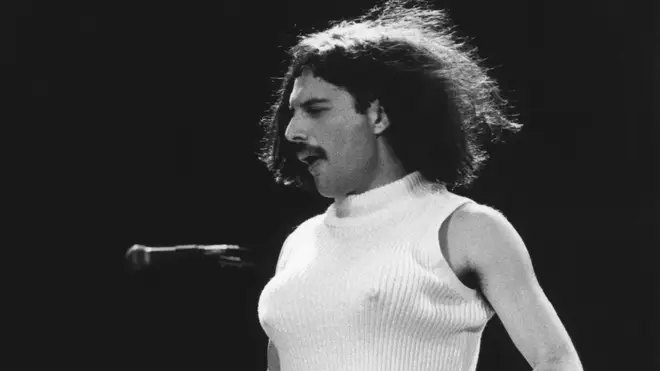
“All around the world people laughed and they got the joke and they sort of understood it,” May told NPR Radio in 2010. “I remember being on the promo tour in the Midwest of America and peoples’ faces turning ashen and they would say, ‘No, we can't play this. We can't possibly play this. You know, it looks homosexual’.”
While the video wasn’t banned outright, the cool reception to the clip meant that one of Queen’s best songs was something of a damp squib in America - and May considers that the video damaged the band’s reputation in that country. At least, until the Bohemian Rhapsody scene in Wayne’s World.

But the controversy with I Want To Break Free didn’t end there.
According to a contemporary report in People USA magazine, when Queen played Rio in January 1985, Mercury’s treatment of the song didn’t go down too well. When I Want To Break Free was performed live, the singer would don the wig and the false breasts in a callback to the video. However, when he pulled this costume change in Rio, the crowd of 350,000 people “began tossing stones, beer cans and other missiles” at the legend.
As Queen’s interpreter Maria Caetano explained to the group: “The song is sacred in South America because we consider it a political message about the evils of dictatorships.”
Once Freddie had whipped the disguise off, the crowd were pacified and the gig remains one of Queen’s biggest audiences. In fact, it even gets a mention in the recent biopic Bohemian Rhapsody.
